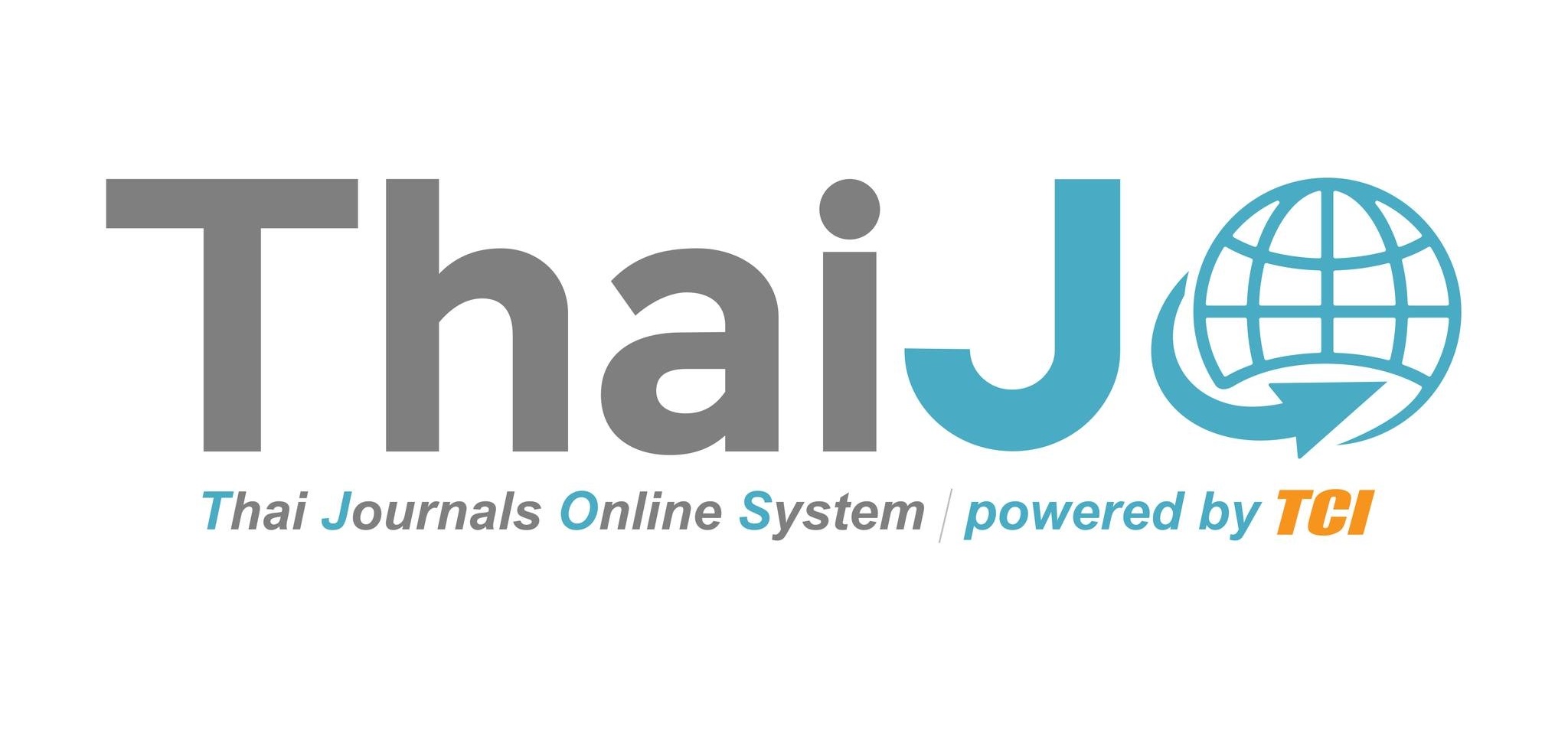ปัจจัยที่ส่งผลต่อพฤติกรรมเชิงจริยธรรมของนักศึกษา คณะวิทยาการจัดการ มหาวิทยาลัยราชภัฏสุรินทร์
คำสำคัญ:
พฤติกรรมจริยธรรม, พฤติกรรมเชิงจริยธรรมบทคัดย่อ
การศึกษาปัจจัยที่มีความสัมพันธ์ต่อพฤติกรรมเชิงจริยธรรมของนักศึกษา คณะวิทยาการจัดการ มหาวิทยาลัยราชภัฏสุรินทร์ กลุ่มตัวอย่างในการวิจัยคือนักศึกษา คณะวิทยาการจัดการ ชั้นปีที่ 1 – 4 ปีการศึกษา 2557 จำนวน 297 คน ใช้แบบสอบถามเป็นเครื่องมือวิจัย สถิติที่ใช้วิเคราะห์ข้อมูลได้แก่ ค่าความถี่ ค่าร้อยละ ค่าเฉลี่ย และค่าเบี่ยงเบนมาตรฐาน และวิเคราะห์ความสัมพันธ์เชิงสาเหตุระหว่างตัวแปร โดยใช้สัมประสิทธิ์สหสัมพันธ์ของเพียรสันและวัดความสัมพันธ์โดยใช้ Regression ผลการวิจัยพบว่า ปัจจัยที่มีความสัมพันธ์ต่อพฤติกรรมเชิงจริยธรรมของนักศึกษา ในภาพรวมทุกด้านส่งผลต่อพฤติกรรมนักศึกษาอยู่ในระดับมาก เรียงตามลำดับจากมากไปหาน้อย คือ ด้านครอบครัว ด้านการเรียนการสอน ด้านสภาพแวดล้อม ส่วนระดับพฤติกรรมเชิงจริยธรรมของนักศึกษา ในภาพรวมทุกด้านอยู่ในระดับมาก เรียงลำดับจากมากไปหาน้อย คือ ด้านความมีวินัย ด้านความรับผิดชอบ ด้านความซื่อสัตย์ สำหรับการวิเคราะห์ความสัมพันธ์เชิงสาเหตุระหว่างตัวแปร พบว่า มีความสัมพันธ์กันอย่างมีนัยสำคัญทางสถิติที่ระดับ .01 เรียงจากมากไปหาน้อย คือ ด้านการเรียนการสอนกับด้านนโยบายการบริหาร ด้านสภาพแวดล้อมกับด้านการเรียนการสอน และด้านสภาพแวดล้อมกับด้านนโยบายการบริหาร ค่าสัมประสิทธิ์สหสัมพันธ์ที่ส่งผลต่อพฤติกรรมเชิงจริยธรรม โดยวัดความสัมพันธ์ด้วย Regression มีค่าสหสัมพันธ์พหุคูณเท่ากับ .517 ซึ่งมีความสัมพันธ์กันอย่างมีนัยสำคัญที่ระดับ .001 มีค่าคลาดเคลื่อนมาตรฐานของการทำนายเท่ากับ .39
เอกสารอ้างอิง
ญาณิศา สว่างจิต. (2553). ปัจจัยที่ส่งผลต่อพฤติกรรมด้านคุณธรรมจริยธรรมของนักเรียนในโรงเรียนเครือเซนต์ปอลเดอชาร์ตร. วิทยานิพนธ์. บัณฑิตวิทยาลัย : มหาวิทยาลัยราชภัฏเทพสตรี.
ดวงเดือน พันธุมนาวิน. (2544). ทฤษฎีต้นไม้จริยธรรม : การวิจัยและการพัฒนาบุคคล. กรุงเทพฯ :
สำนักงานกิจการโรงพิมพ์ องค์การสงเคราะห์ทหารผ่านศึก
ธีรวุฒิ เอกะกุล. (2543). ระเบียบวิธีวิจัยทางพฤติกรรมศาสตร์และสังคมศาสตร์. อุบลราชธานี : สถาบันราชภัฏอุบลราชธานี.
นงลักษณ์ ใจฉลาด. (2553). รูปแบบการเสริมสร้างคุณธรรม จริยธรรม ของนิสิตนักศึกษาสถาบันอุดมศึกษาไทย. พิษณุโลก: มหาวิทยาลัยนเรศวร.
ปริญญา เห็นสุข. (2549). การสื่อสารและการขัดเกลาทางสังคมด้านคุณธรรมจริยธรรม ของนิสิตนักศึกษา ระดับอุดมศึกษาในเขตกรุงเทพมหานคร. วิทยานิพนธ์. บัณฑิตวิทยาลัย :มหาวิทยาลัยธรรมศาสตร์.
พระบำรุง ปญฺญาพโล (โพธิ์ศรี). (2555). ปัจจัยที่มีผลต่อการปลูกฝังคุณธรรมและจริยธรรมของนักศึกษาวิทยาลัยเทคโนโลยีสยาม. วิทยานิพนธ์. บัณฑิตวิทยาลัย : มหาวิทยาลัยมหาจุฬาลงกรณ์ราชวิทยาลัย.
สำนักงานคณะกรรมการการอุดมศึกษา. (2552). กรอบมาตรฐานคุณวุฒิระดับอุดมศึกษาแห่งชาติ พ.ศ. 2552 (Thai Qualifications Framework for higher Education). เอกสารประกอบการประชุมเชิงปฏิบัติ เรื่อง “กรอบมาตรฐานคุณวุฒิ : การพัฒนารายละเอียดของหลักสูตรและรายวิชาให้มีคุณภาพ” วันที่ 30 กันยายน – 2 ตุลาคม 2552 ณ โรงแรมเรดิสัน กรุงเทพมหานคร.
สำนักงานปฏิรูปการศึกษา. (2544). รายงานปฏิรูปการศึกษาต่อประชาชน. กรุงเทพฯ : อมรินทร์พริ้นติ้งแอน พับลิชชิ่ง.
อำไพ หรคุณารักษ์. (2550). คิด..มอง..คาดการณ์..เกี่ยวกับ..“การศึกษาเพื่อการพัฒนาที่ยั่งยืนใน บริบทไทย”. ศูนย์วัฒนธรรมแห่งเอเชียแปซิฟิกเพื่อองค์การศึกษา วิทยาศาสตร์ และวัฒนธรรมแห่งสหประชาชาติ. สถาบันสิ่งแวดล้อมไทย. นนทบุรี







